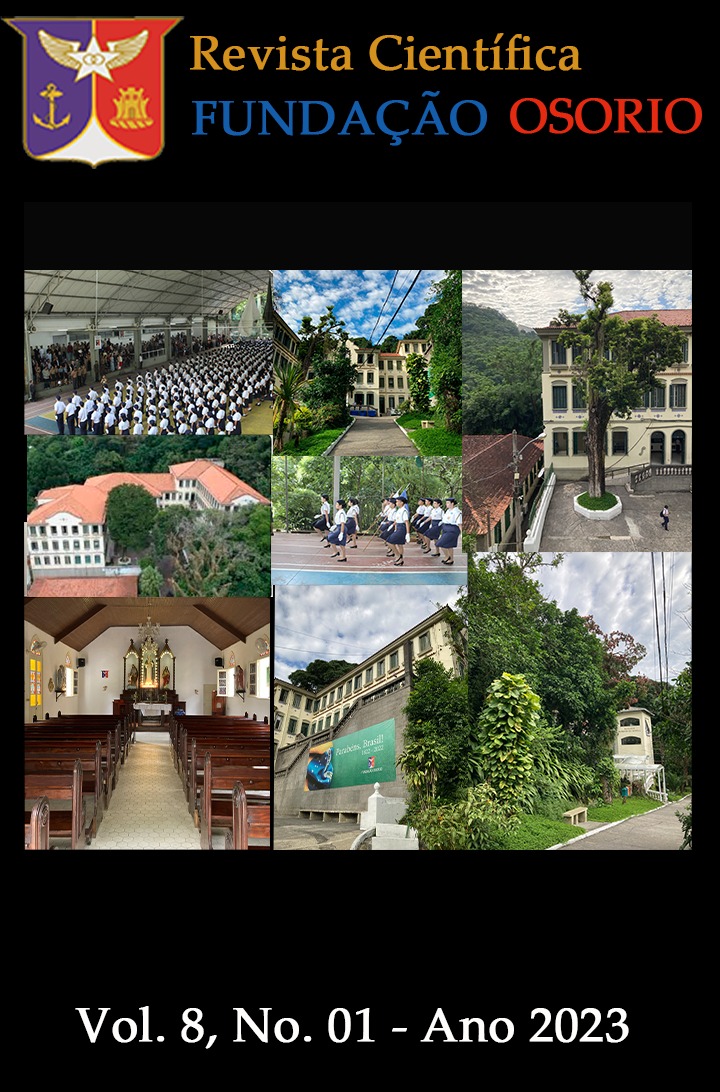Fuel integrity and the Brazilian’s wallet
Main Article Content
Abstract
The present study aimed at assessing the adherence of gas stations in Rio de Janeiro city to the regulation
imposed by the Brazilian Oil Authority – ANP. It was based on the federal law n.º 9.478, from October 6, 1997, which states the proportion of anhydrous ethanol that can be mixed to gasoline commercialized in stations may range between 18 to 27,5%. With this in mind, fuel samples were tested both from branded and non-branded gas stations located in different areas in Rio de Janeiro city. According to the parameters established by law, it was possible to conduct an experiment to confirm whether gas stations were in accordance to law or falsifying the gasoline sold to the final consumer. Throughout the tests, other
question arose: is the Brazilian Oil Authority control less effective in low-income areas, such as the
coastal lowland, when compared to rich areas, such as Southern and Barra da Tijuca? This study was
developed at the Science laboratory from Fundação Osorio School and it was divided in phases of
acquiring the fuel from different areas, sample preparation and result treatment. As results, the study was
able to identify a sample containing a 20% mix of anhydrous ethanol in gasoline from a branded station in
Barra da Tijuca and another sample containing an 80% mix of anhydrous ethanol in gasoline from a non branded station in Engenho de Dentro

